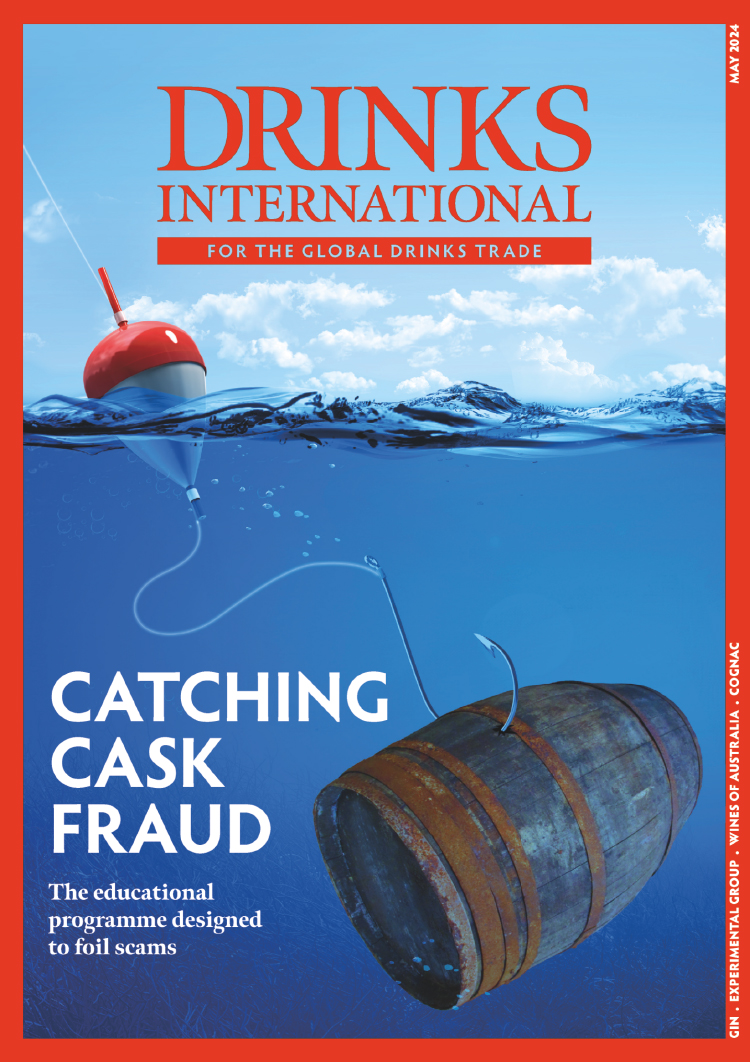____________________________________
MEZCAL HAS LONG been tequila’s lesser-known relative, but this traditional Mexican spirit has been getting a lot more attention recently, presenting both opportunities and challenges for its producers. They may share the same DNA, but tequila and mezcal differ in significant ways – not only in terms of flavour profile, but when it comes to some crucial practical considerations too. The former is produced from a single, cultivated agave variety, for example, while the latter is made from several varieties, many wild. And while tequila is dominated by a few big players, the mezcal industry has traditionally consisted of many small producers.
But mezcal’s growing success has now attracted the attention of the big guys. Bacardi acquired a minority stake in Ilegal mezcal in early 2017, leading to a national US rollout for the brand with Southern Glazer’s Transatlantic Spirits. In June of that year, Pernod Ricard acquired a majority stake in Del Maguey Single Village mezcal. And following Diageo’s acquisition of Casamigos tequila, also in June, for up to $1bn, the brand is now adding a mezcal to its range.
It’s unsurprising, looking at the figures. The most recent stats from the Consejo Regulador del Mezcal (CRM), formerly known as Comercam, published in 2017 and covering the five years to 2016, show a category not only expanding rapidly, both domestically and abroad, but also becoming more premium. Domestically, demand has grown from 270,000 litres bottled in 2011, to nearly 1.9m litres in 2016. Mezcal bottled for export, meanwhile, grew from nearly 650,000 litres in 2011 to over 2m litres in 2016. The number of exported brands rose from 68 to 175, an increase of 157%.
“We’re seeing, relatively early on, people jumping in and buying worthwhile brands and worthwhile distilleries, but it’s still a very artisanal product,” says Wine & Spirit International director Dale Sklar.
US MARKET
For Ilegal’s founder John Rexer, increased involvement by the big spirits companies is inevitable. “As we see with many new trends in the US, mezcal growth has started on the coasts and is moving inward. We are seeing new mezcalerias popping up all over the central part of the US, and many national chains are adding mezcal cocktails to their menus,” he says.
The US is indeed mezcal’s most important market, accounting for 63% in 2016 according to the CRM. The Distilled Spirits Council in the US reports an increase in mezcal sales in the country from under 50,000 cases in 2009 to about 360,000 cases in 2017. After the US, Spain is responsible for 6% of exports, followed by France and the UK, at 5% each.
“All this growth will lead to increased interest from major drink companies,” continues Rexer. “As this expansion happens, the industry must focus on not compromising quality over quantity.”
For a category largely unused to big-brand influence, all eyes are on these new developments. “We have all benefited from the increased awareness, however, I think the concerns being voiced by many are valid,” says David Shepherd, founder and director of relatively new entrant Corte Vetusto. “All you need to do is look at tequila to see what harm international/big business ownership has done to the industry in general and how much the product has been bastardised in pursuit of profit.”




